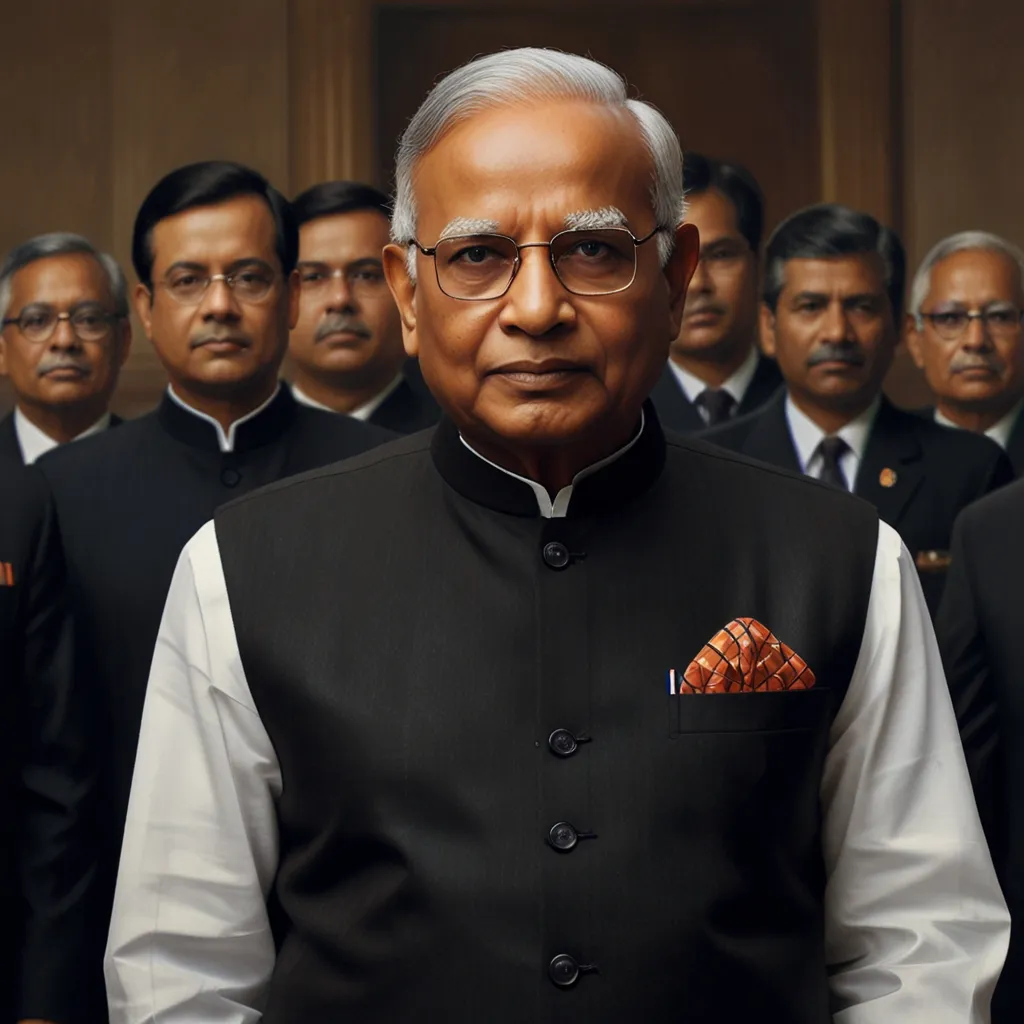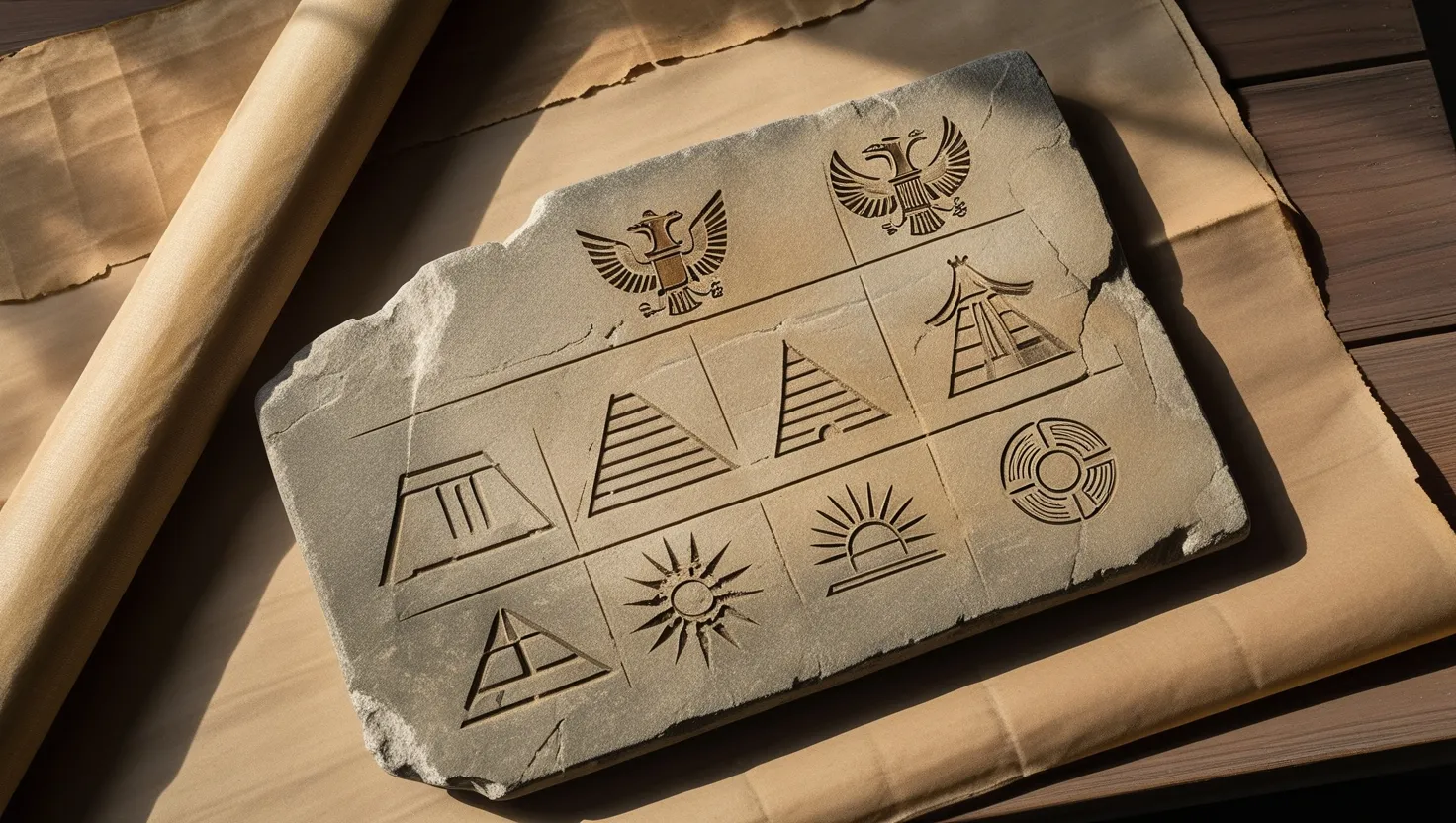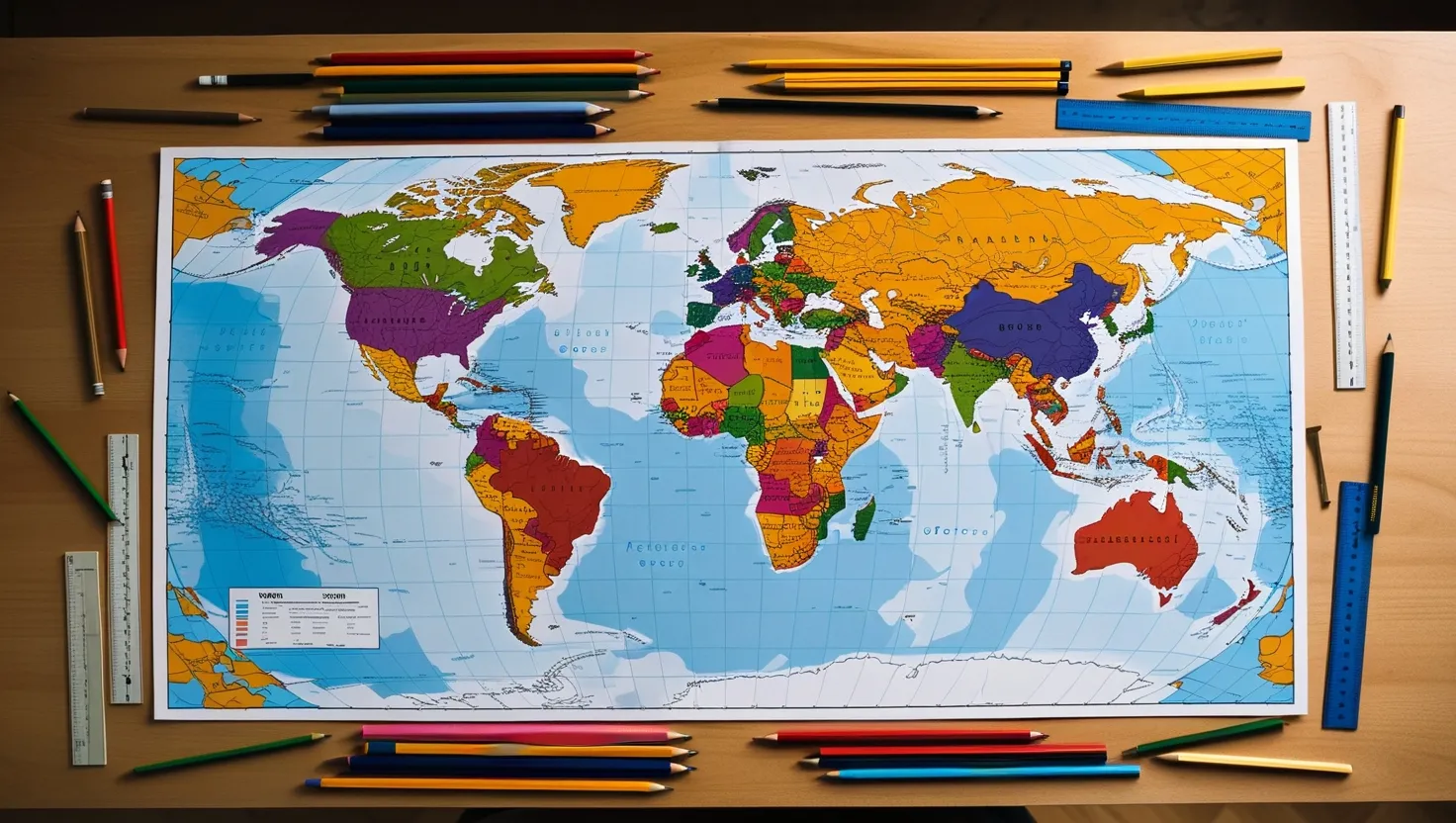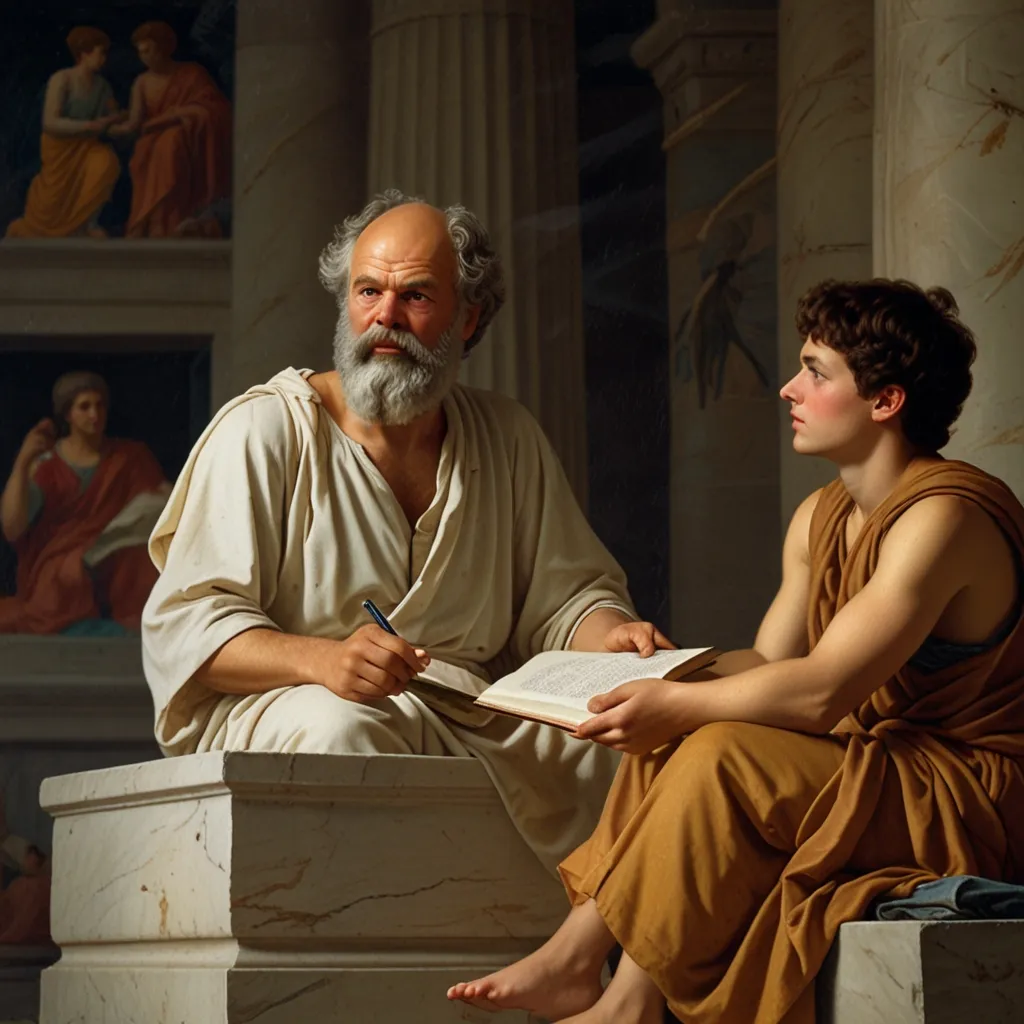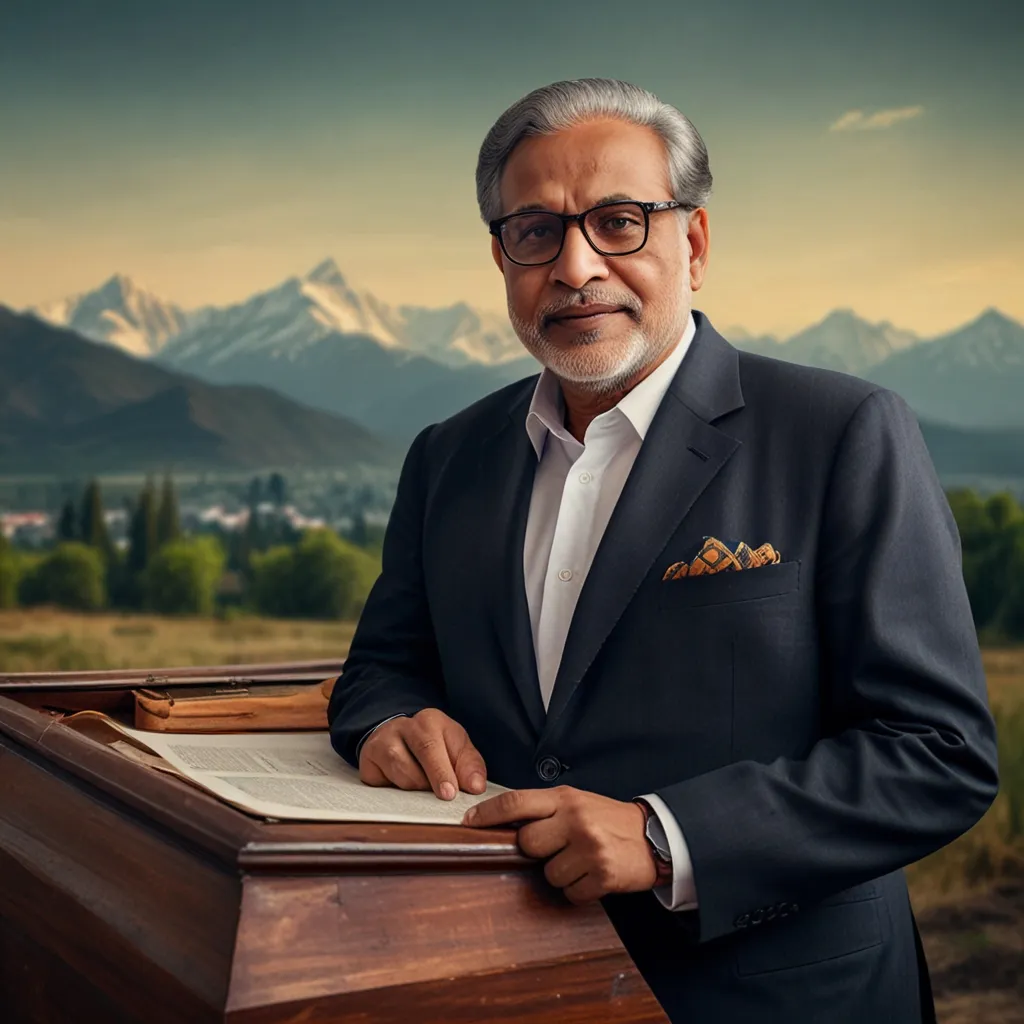The President of India isn’t just a ceremonial figurehead; they hold some serious power. As the head of state, they oversee the executive, legislature, and judiciary, as detailed in Articles 52-62 of the Indian Constitution. Plus, they’re the commander-in-chief of the Indian Armed Forces.
One major part of the President’s job is making sure the government sticks to the Constitution. They sign bills into law, so nothing becomes an act without their approval. It gives them a significant say in what the country’s laws look like.
When it comes to executive duties, the President appoints the Prime Minister and other ministers. These ministers handle the day-to-day running of the country. The President also appoints top judges, including the Chief Justice of India, and can even remove judges under certain conditions. This makes them a key player in the judicial system.
Financially, the President has the power to undo punishments by granting pardons or commuting sentences. This is especially important for cases involving military law or severe sentences like the death penalty.
On the global stage, the President represents India. They negotiate treaties and international agreements, although these need Parliament’s nod. They also handle diplomatic missions by receiving foreign ambassadors and sending Indian ambassadors abroad.
In a crisis, the President can declare a state of emergency. This gives the central government control over state governments but needs Parliament’s approval. It’s a power used sparingly.
Overall, the President ensures the government operates within the law. Their oath to preserve, protect, and defend the Constitution is a reminder of their role as the guardian of India’s legal and ethical framework.
In a nutshell, the President of India’s role is vast and varied, covering legislative, executive, judicial, financial, diplomatic, military, and emergency responsibilities. They are the cornerstone of constitutional governance in the country.
